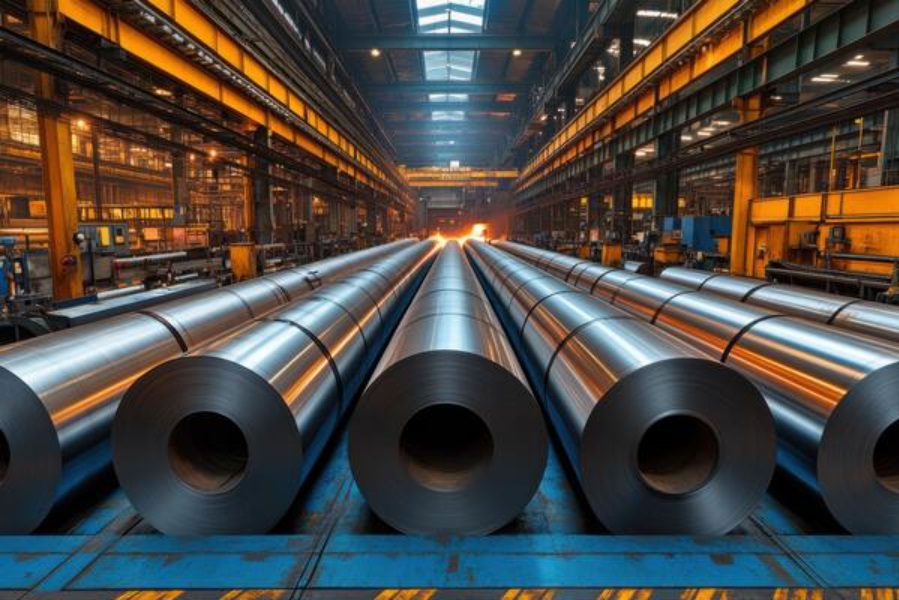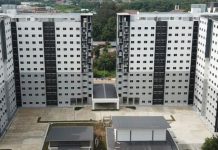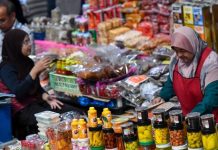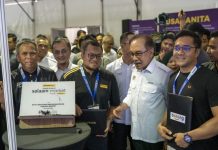
The Malaysian government is also committed to working with China to establish a government-to-government (G2G) mechanism for capacity management and technology sharing, particularly within the steel industry, to which Liew stated that the discussions regarding challenges and potential collaboration will be at the ASEAN level.
According to Deputy Investment, trade and Industry Minister Liew Chin Tong, there is a need to improve the governance structure of the country’s iron and steel industry, despite various bodies already in existence such as the Malaysian Steel Council (MSC) and the Malaysian Steel Institute (MSI).
“We see the need to improve the MSC to ensure it meets and receives input regularly and in a more robust manner from the industry.
“Similarly, the MSI requires a total revamp of its roles to be a credible source of robust policy input,” he said.
Liew added that currently, the industry is facing two critical challenges, namely overcapacity and green transition – to which the imbalance between local long product capacity and imported flat product volume must be addressed.
“With investments directed towards building up the local capacity in both manufacturing and utilisation of flat products, we hope to see an improvement in this imbalance and increase in the economic sustainability of the industry,” he said.
However, Liew warned that industry players need to be cautious of the emissions that follows, adding that if all the approved steel capacity comes online, the emissions would be equivalent to having six coal-fired power plants and challenge Malaysia’s commitment to achieve net-zero emissions by 2050.
Liew also pointed out that mechanisms need to be put in place to facilitate the green transition of the iron and steel industry.
“This brings us to the introduction of a carbon tax to the industry, which was announced by Prime Minister Datuk Seri Anwar Ibrahim in his Budget 2025 speech.
“Once implemented, the carbon tax collected can be utilised to fund the green transition of the iron and steel industry,” he added.
As a result, the Malaysian government, through MITI, will release the findings of a report examining the impact of excess capacity from China particularly in the iron and steel sector.
Liew said the report was prepared by an independent committee established by MITI, adding that the issue of dumping Chinese-manufactured products, driven by the country’s economic slowdown is a concern for Malaysia and globally – especially for the construction and real estate sectors.
“Capacity in Southeast Asia for iron and steel is set to rise over the next five to six years. In 2021, total capacity in the region was 75 million metric tonnes, with the potential to more than double to 150 million metric tonnes by 2026.
“The independent committee has prepared the relevant report for MITI, which will provide direction on addressing the issue of excess capacity in the iron and steel industry,” Liew explained.
He also noted that between 2015 and 2023, the government imposed nine anti-duping measures and three protective measures against products imported form China, including iron and steel, plastics and construction materials, which have caused significant harm to Malaysia’s domestic industry.
“The government is also investigating four iron and steel products as well as plastics for potential anti-dumping violations arising from overcapacity in China’s manufacturing sector.
“The investigation aligns with Malaysia’s domestic laws and regulations, as well as with agreements under the World Trade Organisation (WTO),” Liew continued.
Additionally, Liew highlighted MITI’s efforts to revise Act 504 and the Countervailing and Anti-Dumping Duties Regulations 1994 to better align with current international trade practices, which aims to create a more conducive regulatory environment, positioning Malaysia as a sustainable business hub.














